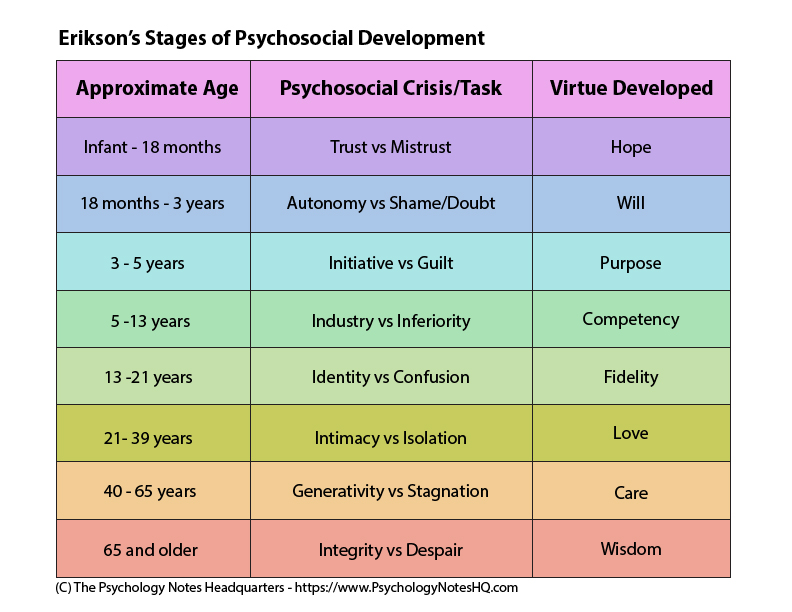Core Beliefs
By Christine Ferch

We all have core beliefs. These are thoughts or beliefs we hold about ourselves and about other people and the world we live in. These are not regular beliefs, but beliefs we hold to our core, deep down inside our persona as they determine how we perceive and interpret the world around us. Core beliefs can be positive, “I can do anything”, “My family and friends are always there to support me”. They can also be negative and self-limiting. Our core beliefs can deceive our mind, so we interpret the world as dark and unapproachable.
Research has identified 4 common negative Core Beliefs people can hold:
- I do not belong: this belief develops when we are disowned or have not been accepted by our friends and family. This can begin at an early age and leaves one feeling like an outsider. As an adult, those with this core belief avoids engaging with others for fear of rejection. Some individuals are at the other end of the spectrum and become too concerned with being the perfect group member
- “The world is dangerous”: This belief can cause an individual to excessively worry and risk avoidance. Those with this core belief believe there is evil or misfortune lurking around every corner so there is avoidance in certain activities. You also may seek excessive reassurance from others to help reduce your anxiety. Additionally, those with this thought pattern may exaggerate negative outcomes or believe you do not have the ability to cope.
- “I am a failure/I’m not good enough”: Experiencing a persistent belief of not measuring up to others or your own expectations. This core belief us usually developed from parents who are overly critical or bullying from classmates. We begin to compare ourselves to others and believe we can never live up to the standards of others. We will either punish ourselves with negative activities or begin to overcompensate and engage in too many activities or strive for perfectionism. Feeling like a failure has been demonstrated to show imposter syndrome, the constant feeling of being a fraud and your fraudulent self will be identified any day now. When we feel like a failure, we are more likely to engage in procrastination so we may say to ourselves, I did not fail, I never really tried.
- “I have to be perfect”: Moving from feeling like a failure the other end of the spectrum is needing to be perfect. This belief leads people to drive themselves to extremes and their health and relationships eventually suffer. Those who strive to be perfect, have increasingly high expectations which are unlikely to ever be met. Ironically, those who strive to be perfect, are more likely o ruminate and focus on their flaws and misgivings. They take life too seriously, have difficultly relaxing, reducing tension and seeing things with a realistic mindset.

Although these beliefs can develop at an early age and heavily engraved in our personality, there are ways to change these core beliefs to the positive side:
- Consider your past: Many core beliefs come from individuals or situations which were not nurturing and did not meet any of your needs (check out my blog on Maslow’s needs for more info).
- Look for evidence: by looking for evidence, you are establishing whether your thought or belief id fact or fiction. If it is fiction, it is easier to let go. Change, I am not good enough, to I am good enough and here is why and list the examples you can think of. Slowly, we draw our mind away from the negative and focus on the positive
- Focus on the good. We are emotional and life does come with ups and downs, and when things feel off, bring yourself back to the present with mindfulness techniques and continue to challenge the negative core beliefs.
For additional help on challenging your core beliefs or if you have any questions or comments, contact us admin@ovcs.ca.
If you enjoyed this article, please click here for more.




